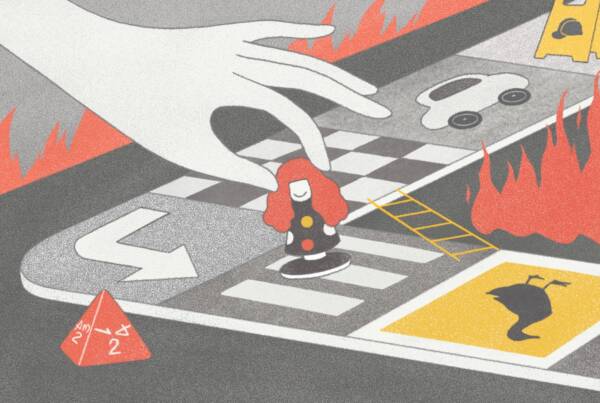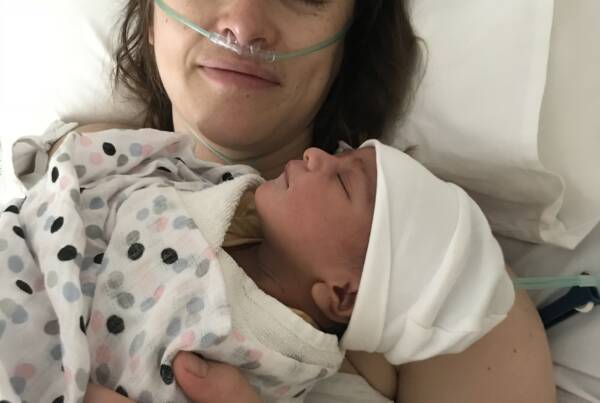Writing by Amanda Gunn // photographs by Monika Kozub
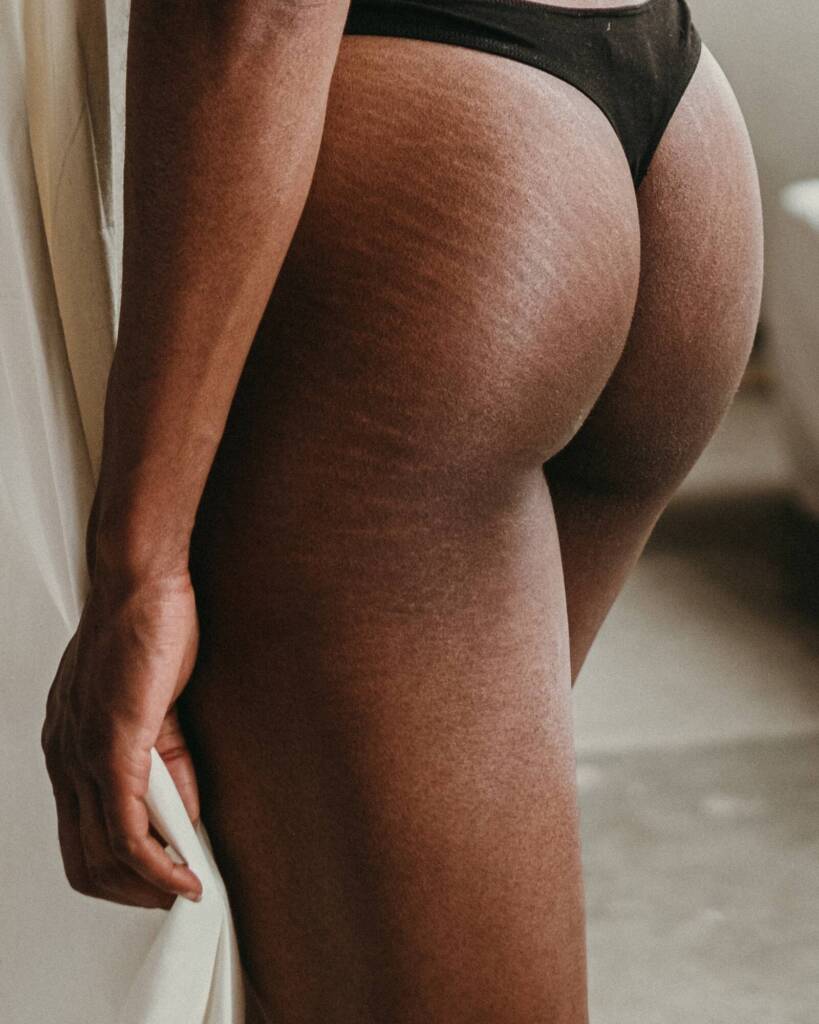 The media knows generating compliments or criticisms about a woman’s body will generate attention, clicks and money. When celebrity weight loss transformations are splattered across tabloids and online, it makes sense that we will speak about how women look.
The media knows generating compliments or criticisms about a woman’s body will generate attention, clicks and money. When celebrity weight loss transformations are splattered across tabloids and online, it makes sense that we will speak about how women look.
And, the media thrives off this gossip. After all, we consume these articles and analyse pages of unflattering pictures of women as a guilty pleasure or in spite. But why are we drawn to this sort of reporting and aren’t we beyond criticising the female body?
Media expert; Dr Deb Waterhouse-Watson and feminist writer; Lucia Osborne-Crowley explained how the impacts of patriarchal stereotypes and over-sexualization of women lead to this reporting.
Subject to this kind of reporting and unwanted opinions from strangers is model and body advocate, Jess King. Jess told me how efforts for inclusivity in the fashion and modelling industry are occurring, just not fast enough.
First off, a media expert explained to me why the media critiques women’s bodies
With extensive research on media reporting of sexual assault cases and gender in teenage girls’ magazines, lecturer in Media and Communications at Monash University, Dr Deb Waterhouse-Watson is equipped with a wealth of knowledge when it comes to women in the media.
Female celebrities are subject to negative reporting over men because “It’s been normalised in our culture that women’s bodies should be sexualised,” Dr Deb explained.
“It comes from very old beliefs that men are rational and women are emotional, therefore men are associated with their minds while women are associated with their bodies.
“Women’s bodies have been viewed as existing for men’s pleasure, which is why they are so often criticised… because their main role is supposed to be looking good.”
Dr Deb explained that the route of critiquing women’s weight or size stems from anxieties about power.
“Pierre Bourdieu describes it as an outward sign of masculine domination if men are bigger than women, that reinforces the idea that men should be dominant over women. Which is kind of gross when you think about it!”
To make money, media outlets will circulate stories that are driven by clicks. Often the stories that draw the most attention are the controversial ones, such as commenting on body image.
“There’s certainly a perception that [negative reporting] generates more attention… it’s a bit similar to the way women’s sports journalism has focused on the athletes in glamour shots or sexualised poses, rather than their sporting achievements,” Dr Deb said.
With double standards present, Dr Deb suggests focusing on women’s achievements to promote change.
“[Journalists] should think about whether they would write the same story about a man… and whether it’s acceptable for a woman. Same with images. Would they ask a man to pose in the same way?” she said.
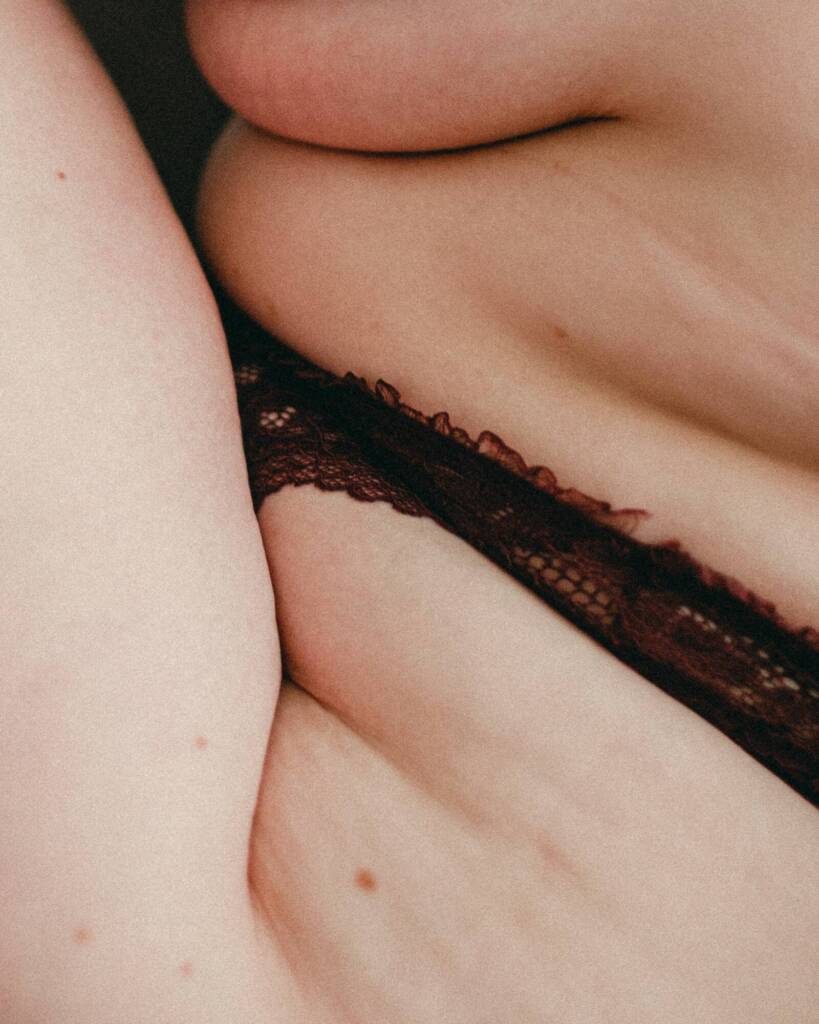 Secondly, I spoke to a feminist writer and journalist about how this sort of reporting affects our society
Secondly, I spoke to a feminist writer and journalist about how this sort of reporting affects our society
Lucia Osborne-Crowley reports on gender issues, as well as politics and law. Multi-talented, Lucia has also written two books, I Choose Elena and My Body Keeps Your Secrets, focusing on gender and trauma.
Despite more body positivity in fashion campaigns online, Lucia believes we aren’t as open-minded as many of us think. “We often see ourselves as being progressive on these issues, but in fact… progress is actually very slow,” she said.
“Important conversations are happening around women’s bodies, however, there is a risk that these conversations are happening at a surface level.
“The underlying patriarchal structures aren’t being challenged,” she emphasised.
Social media can be a great tool to start conversations, raise awareness or promote activism, although it is a double-edged sword. “It allows us to take ownership of our appearance, but these tools have also democratised the idea of critiquing women’s appearances,” Lucia said.
With traditional beauty standards perpetuated in mainstream media, Lucia believes that this depiction of women is detrimental to women and girls. “There is still a specific idea on how to be beautiful and this beauty is associated with a moral good… which is ridiculous and dangerous.”
A lack of female role models can be attributed to the underrepresentation of women in the media. “It is much harder for women to enter public life, as when they enter, they get exposed to an obscene amount of criticism,” Lucia said.
“From my everyday life as a journalist, I get criticised way more than male journalists, and it’s always about the way I look. That has a serious dampening effect on women feeling confident to be involved in public life and have things to say about policy and politics.”
Criticism of anyone isn’t learnt in school or encouraged, yet men do not experience the same scrutiny as women. So why is this the case?
Lucia explained that while we aren’t “taught that women should be judged based on their appearance, we learn it by osmosis. We have been socialised to see women as aesthetic, rather than substantive.”
“We have these unconscious biases ingrained in us from an early age. If [people] had the tools and education, a lot of people would commit to changing.”
“It is about checking ourselves and questioning why we are saying things about a woman’s body and if it is being attached to a moral quality that it doesn’t actually have,” she said.
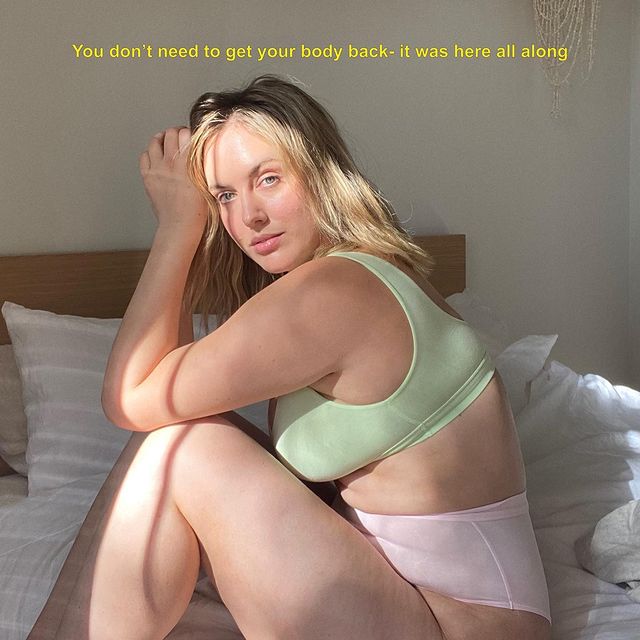 Now with an understanding of what reporting on women stems from, I spoke to plus-sized model Jess King about how the industry affects individuals and needs to change.
Now with an understanding of what reporting on women stems from, I spoke to plus-sized model Jess King about how the industry affects individuals and needs to change.
At 15 years old, Jess left the modelling industry after constantly being told she has “a pretty face, but hips too big.’ It was only years later that she re-entered the industry as a plus-sized model.
From gorgeous gowns to toilet selfies, Jess’s social media has no boundaries. She focuses on highlighting women in an authentic and light-hearted way, especially when it comes to body image.
Jess doesn’t shy away from taboo topics or personal issues such as anxiety and prior disordered eating. By doing so, she uses her platform to talk candidly about these topics so others can relate or be informed.
“There is a beautiful community feeling and I was spurred to create authenticity online.”
Her online community is fuelled with positivity, however, it doesn’t go without public criticism.
“People think they can say whatever they want about my body. Women will comment negatively about my body, maybe because it is ingrained in them to compare against each other. A lot of men believe that they are entitled to you and will send unsolicited forms of sexual harassment.
“We just shouldn’t be commenting on other people’s weight. Since my platform, I have gained 15kg, because I got healthier. We need to get away from the idea that weight gain is a bad thing.
Seeing realistic women in the media has made Jess more comfortable in her own skin and she hopes that the Australian industry continues to grow.
“For fashion week casting, it was still very segregated. High fashion was restricted to size 6-8 models. Overseas, Chanel, Burberry, Jaquemus and other major designers are booking curve models regularly. We are only now getting in on diversity.”
So will this reporting continue?
While it is hard to say that reporting on female bodies’ will completely come to an end, the inclusion of a range of body types, ethnicities and nationalities can all help. Likewise, educating journalists about the impacts of their reporting can all promote change.




